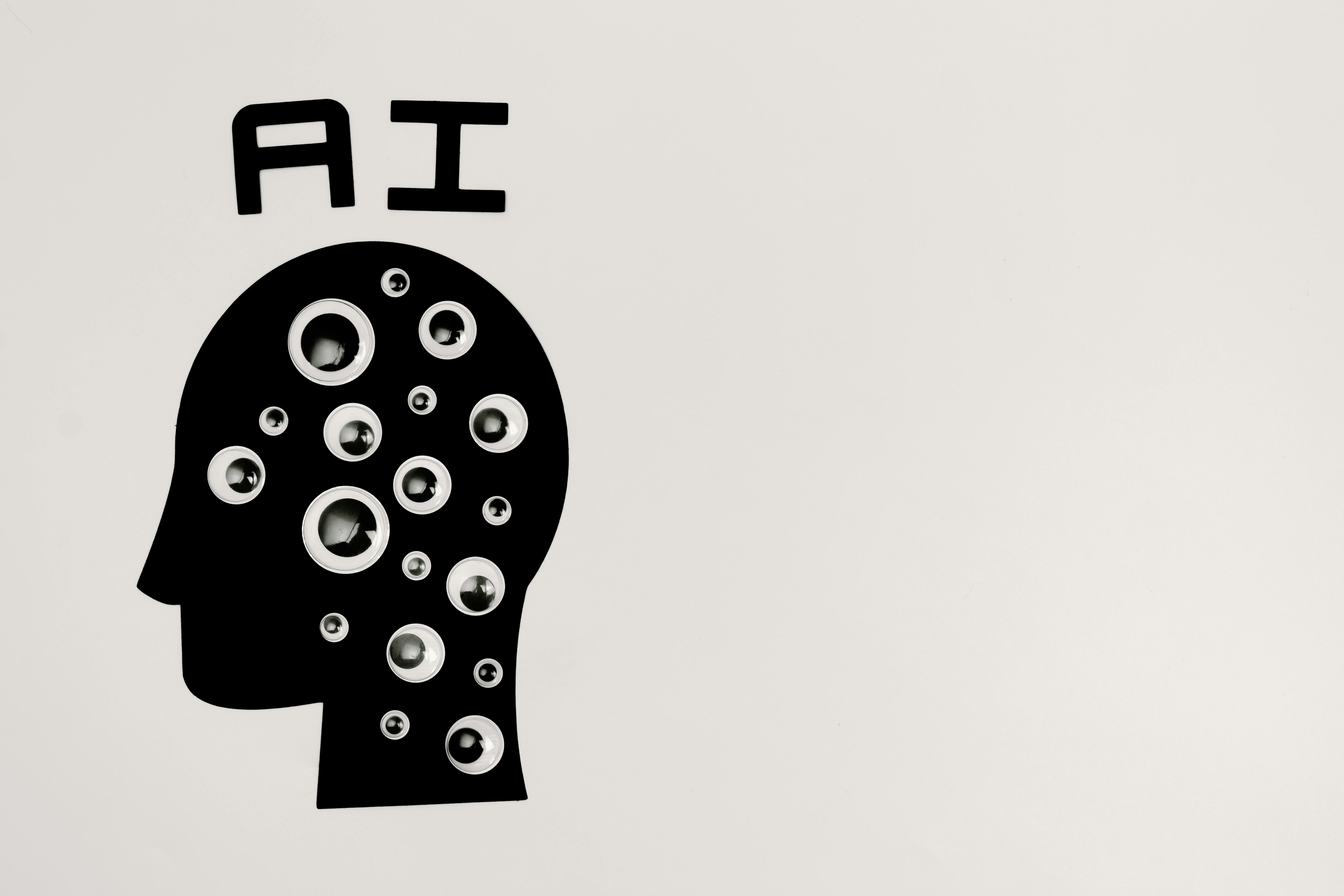Exploring the Global Transformation of Medical Diagnostics through the Lens of AI
In recent years, the field of medical diagnostics has witnessed an unprecedented transformation, driven by the cutting-edge advancements in artificial intelligence (AI) and machine learning. These technologies are redefining how we understand, diagnose, and treat diseases, offering a promising future where early detection and personalized medicine become the norm rather than the exception. As healthcare systems worldwide grapple with increasing demands and limited resources, the integration of AI in diagnostics presents a revolutionary shift that promises to enhance accuracy, efficiency, and accessibility. This article delves into the various facets of this transformation, exploring how AI-driven machine learning innovations are reshaping the landscape of medical diagnostics globally.
The Evolution of AI in Medical Diagnostics

The journey of AI in medical diagnostics began with simple algorithms designed to assist in data analysis. Over time, these algorithms have evolved into sophisticated machine learning models capable of processing vast amounts of data with remarkable precision. From early rule-based systems to advanced neural networks, AI has progressively enhanced its ability to mimic human cognitive functions, offering unprecedented insights into complex medical data. The evolution of AI technologies has been fueled by advancements in computational power, data availability, and algorithmic innovation, allowing for the development of models that can identify patterns and anomalies with a level of accuracy that surpasses traditional diagnostic methods.
Machine Learning Models that Revolutionize Diagnostics

Machine learning models, particularly deep learning algorithms, have become the cornerstone of modern medical diagnostics. These models, trained on extensive datasets, can identify intricate patterns in medical images, such as X-rays, MRIs, and CT scans, that might be imperceptible to the human eye. Convolutional neural networks (CNNs), a subset of deep learning, have shown exceptional performance in image recognition tasks, enabling early detection of diseases like cancer and cardiovascular conditions. By continuously learning from new data, these models improve over time, offering dynamic diagnostic capabilities that adapt to emerging medical knowledge and patient-specific variations.
AI in Personalized Medicine

AI's role in personalized medicine is one of its most promising applications, tailoring treatments to individual patients based on their unique genetic makeup and health profiles. Machine learning algorithms analyze genomic data to identify genetic predispositions to certain diseases, enabling targeted interventions that can prevent or mitigate these conditions. This personalized approach not only enhances treatment efficacy but also reduces adverse effects, as therapies are designed to align with the patient's specific biological characteristics. By integrating AI into the personalization of medicine, healthcare providers can offer more precise, patient-centered care, leading to better outcomes and improved overall health.
Enhancing Diagnostic Accuracy with AI

One of the most significant contributions of AI in medical diagnostics is its ability to enhance diagnostic accuracy. Traditional diagnostic methods often rely on subjective interpretation, which can lead to variability in results. AI systems, however, provide consistent and objective analyses, reducing the likelihood of human error. For instance, AI-powered diagnostic tools in pathology can distinguish between benign and malignant cells with a higher degree of precision than human pathologists. This increased accuracy not only improves patient outcomes but also instills greater confidence in diagnostic processes, paving the way for more reliable and efficient healthcare delivery.
Overcoming Challenges in AI Integration

Despite its potential, integrating AI into medical diagnostics is not without challenges. Issues such as data privacy, algorithmic bias, and the need for extensive validation and regulatory approval pose significant hurdles. Ensuring the ethical use of AI technologies requires robust frameworks that address these concerns while fostering innovation. Moreover, the integration process demands collaboration between technologists, healthcare professionals, and policymakers to create systems that are both technologically advanced and clinically relevant. Overcoming these challenges is crucial for the successful adoption of AI in diagnostics, ensuring that its benefits are realized across diverse healthcare settings.
AI in Global Health Initiatives

AI-driven diagnostics are playing a pivotal role in global health initiatives, particularly in low-resource settings where access to healthcare is limited. AI technologies can bridge gaps in healthcare delivery by providing cost-effective and scalable diagnostic solutions. For example, AI-powered mobile applications can facilitate remote diagnosis and monitoring, enabling healthcare providers to reach underserved populations. These innovations are crucial for addressing global health disparities, offering a means to improve health outcomes in regions where traditional healthcare infrastructure is lacking. By democratizing access to advanced diagnostics, AI is contributing to a more equitable global health landscape.
The Future of AI in Diagnostics

The future of AI in medical diagnostics is poised for continued evolution, with emerging technologies promising to further enhance its capabilities. Developments in areas such as natural language processing (NLP) and reinforcement learning are expanding the scope of AI applications, enabling more comprehensive analyses of patient data. As AI systems become increasingly integrated with electronic health records and other digital health platforms, they will offer more holistic insights into patient health, facilitating proactive and preventive care. The ongoing research and innovation in AI technologies herald a new era in medical diagnostics, where the possibilities for improving healthcare outcomes are boundless.
Ethical Considerations in AI-Driven Diagnostics

As AI becomes more entrenched in medical diagnostics, ethical considerations must be at the forefront of its development and implementation. Issues such as data privacy, informed consent, and algorithmic transparency are critical to ensuring that AI technologies are used responsibly. Establishing ethical guidelines and regulatory frameworks is essential to protect patient rights and maintain public trust in AI-driven healthcare. Additionally, addressing potential biases in AI models is crucial to preventing disparities in healthcare delivery. By prioritizing ethical considerations, stakeholders can ensure that the integration of AI in diagnostics is both beneficial and equitable.
Embracing the AI Transformation

The integration of AI and machine learning in medical diagnostics represents a transformative shift in healthcare, offering unprecedented opportunities to enhance diagnostic accuracy, personalize treatments, and improve global health outcomes. While challenges remain, the potential benefits of AI-driven diagnostics are vast, promising a future where healthcare is more efficient, accessible, and equitable. As we continue to explore and embrace these innovations, collaboration across disciplines will be key to unlocking the full potential of AI in medical diagnostics, ensuring that its transformative impact is realized for patients and healthcare systems worldwide.